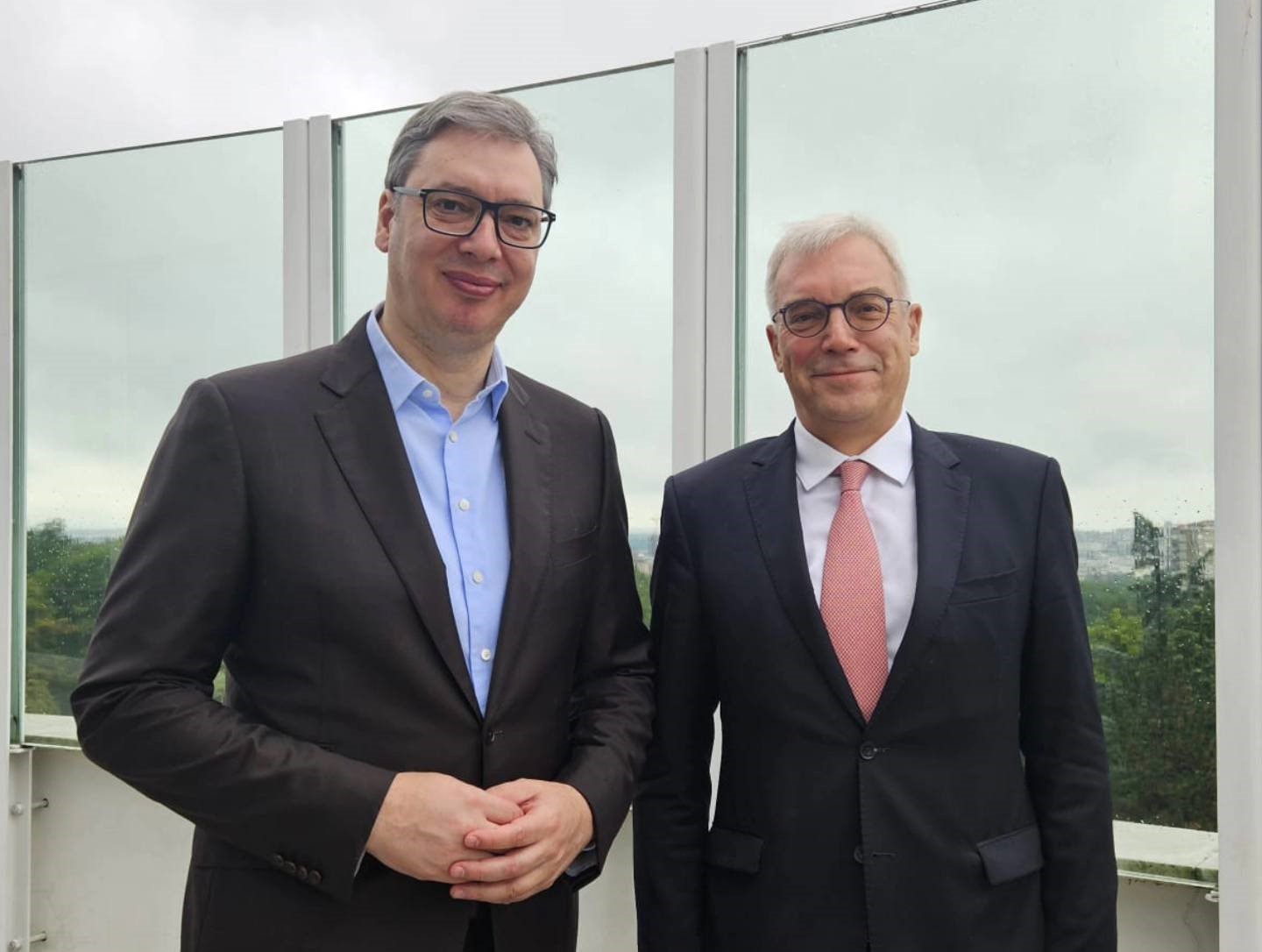EU and US react to visit of top Russian diplomat in Belgrade

EU and US reacted strongly to the visit by Russian Deputy Minister of Foreign Affairs Alexander Grushko is conducting in Serbia. During the visit he met with President Alexandar Vučić who said that relations between the two countries are ‘very good’ and thanked Russia for ‘its support of Serbia’s territorial integrity’.
Why is this relevant
The EU’s geostrategic approach to enlargement aims to strengthen the Union’s influence on the continent and isolate Russia. This has resulted in more assertive demands for alignment of the candidate countries with the Common Foreign and Security Policy.
An EU spokesperson reacted by stating that “the European Union has been very clear with our partners: relations with Russia cannot be normal with Russia’s unprovoked and unjustified war of aggression against Ukraine”. The US State Department also stressed that the United States “does not believe that any country should give Russia a platform to promote its war of aggression against Ukraine. The countries of the Western Balkans, as well as all of Europe, have a great interest in the outcome of the Russian war against Ukraine, which threatens the foundations of international order and security. Therefore, it is extremely important that we continue to stand united in the face of Russia’s aggression”.
Context
Serbia is an EU candidate country that has not aligned with EU sanctions against Russia. The Serbian leadership pursues a balancing act between Russia and the West, insisting that such neutrality is the most appropriate for defending its own national interests. Serbia appreciates, in particular, Russia’s continued and resolute opposition to the independence of Kosovo.
On 24 June 2024, the EU and Western Balkans Foreign Ministers discussed in Luxembourg the need for common engagement on foreign and security policy. The EU’s High Representative Borrell underlined the EU’s expectation that the countries in the region align with the Common Foreign and Security Policy, as an expression of their strategic choice and commitment to EU membership. The Foreign Minister of Serbia, Marko Djuric, stated in that context that “Serbia will certainly have a common foreign and security policy when it joins the EU and will be in a position to influence the common foreign and security policy”.


